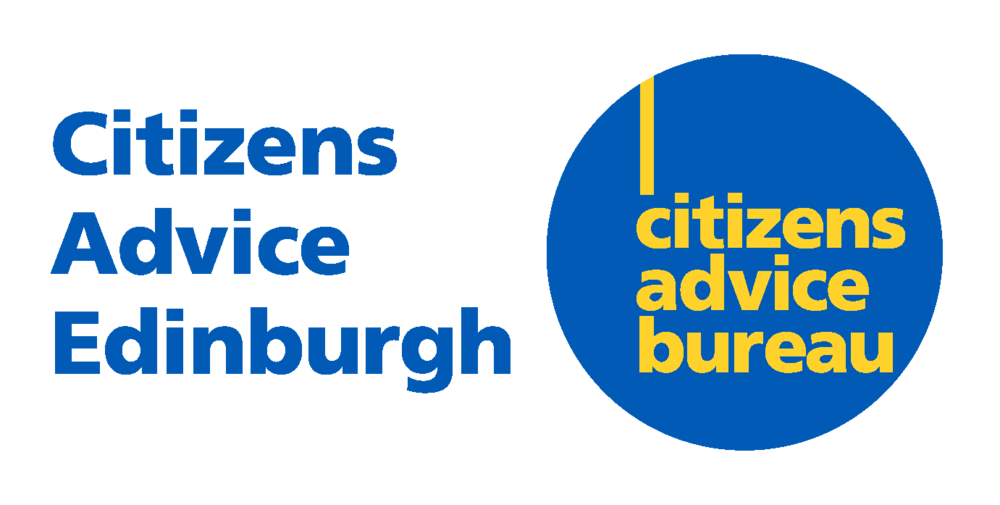My Debts are out of control. What can I do?
This information applies to Scotland.
If you're in debt, don't panic. But it's important to do something, because the problem won't just go away. Don’t ignore calls or letters from the people you owe money to (your creditors). Contact them to explain why you’re having problems. Most organisations will be more helpful if you approach them first.
The first thing you need to do is make a list of all your creditors.
Once you've done this, you need to work out which ones are priority debts. A priority debt is one that could have serious consequences if unpaid. Not paying your rent or mortgage would leave you homeless, or not paying your gas or electricity bill could leave you being cut off and taken to court.
Non-priority debts are ones which have less serious consequences if you don't pay them. They include things like overdrafts, loans, hire purchase, credit card accounts and catalogue debts. However, if you don't pay your non-priority debts your creditors may take you to court.
When you have decided which are priority debts, work out how much you can realistically afford to pay back. To do this, you will need to make a list of all the income and expenses for your household.
Check your income and see if there are any benefits or tax credits you are entitled to that you are not getting. Look carefully at your spending and see if there is anything you are able to cut down on. For example, you could shop around for a cheaper gas or electricity provider, or look at cheaper mortgage or insurance providers.
When you've worked out how much you have left over after paying your expenses, contact each of your priority creditors. Show them your budget and try to make an arrangement to pay back what you owe.
If you can’t afford to pay anything to your priority creditors and your situation isn’t likely to get better, the outcome may be very serious. Get advice straight away.
How you deal with your non-priority debts will depend on whether you have any money left over from dealing with your priority debts and paying for essential household expenses like housing costs and food. If you have money to spare, you may have several options for dealing with your non-priority debts. However, if you have little or no money left, have nothing of value to sell and think your situation isn't likely to get better, your options will be very limited.
Be very careful about taking out further loans to pay off existing debts. You may end up paying back a lot more than you borrowed and the interest rates may be extremely high. Some loans can be secured against your home and you could end up losing it if you fail to make repayments.
You do not need to pay for debt advice.
Citizens Advice Edinburgh can help you with all this and more, including helping you draw up a budget, increase your income if this is possible and negotiate with your creditors.
For more information please see here or come and see us!
